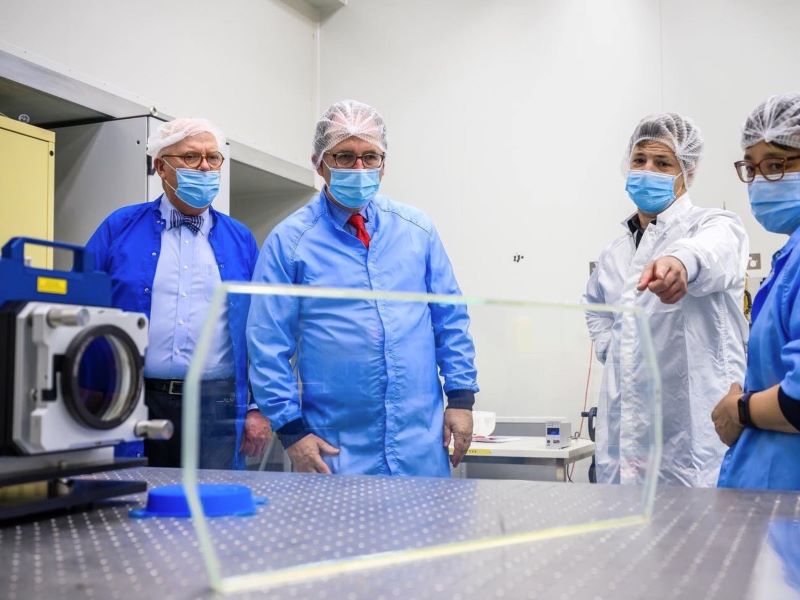The next round of the New South Wales small business innovation program is offering $12 million for local companies to solve the government’s problems with biosecurity, road safety, and prisoner health.
Announced on Wednesday, the round follows the debut of the Small Business Innovation and Research Program last year that funded several companies’ feasibility studies and eventually awarded the best with $10 million to develop proof of concepts for government challenges.
Government procurement is not guaranteed but is considered the final step in the program, which has been a mainstay in the US for decades.

The New South Wales government established its $24 million Small Business Innovation and Research (SBIR) program last year after it was recommended by an advisory council set up to accelerate research and development outcomes in the state.
It is modelled on the long-running and successful US SBIR program, where a government sets innovation challenges, funds feasibility studies and proofs of concept, and finally considers procuring the solution.
The first round led to new solutions to discrete government problems, including using drones to count koala populations in remote areas, a low-cost user terminal antenna system to connect with satellites, and a mini water treatment plant for at the-source treatment of sewage from industrial processes.
The program was used by local company Advanced Navigation to develop a solution for the government challenge of assisting passengers with vision impairments to access public transport services.
Advanced Navigation has since raised more than $100 million and was last week recognised as one of the most innovative companies in the country.
The second round of the New South Wales SBIR was launched on Wednesday by Minister for Science, Innovation and Technology Alister Henskens.
The new challenges are:
- Biosecurity Surveillance Challenge – NSW Department of Primary Industries is seeking innovative technology solutions that leverage the power of citizen surveillance to more accurately identify and validate threats to the biosecurity of primary industries and the environment in NSW
- School Zones Alerting System Challenge – Transport for NSW is seeking innovative solutions to improve the existing School Zones Alerting System to further improve road safety around schools
- Vital Sign Monitoring Challenge – Corrective Services NSW is seeking non-invasive technology solutions to monitor the vital health signs of inmates while in their cells. This technology will be used to monitor ‘at-risk’ inmates and help prevent inmates committing self-harm, which could result in suicide
- Recycled Content Verification Challenge – The Office of Energy and Climate Change is seeking a solution that could trace and verify recycled material to help NSW government agencies procure local recycled products
- Waste Recovery and Management Challenge – NSW Health is seeking resource recovery technologies and waste management solutions that: offer an innovative design for new facilities; redesign and reconfigure existing facilities; and uncover ways of modernising our waste collection and processing systems separation and collection of waste that can be implemented across NSW Health
- Cultural and Linguistic Diversity Services Challenge – NSW Health is seeking artificial intelligence powered solutions to support the delivery of health services to culturally and linguistically diverse communities
- Urban Heat Island Challenge – the Greater Cities Commission is seeking innovative solutions that could be trialled at the Westmead Health and Innovation District to mitigate urban heat island effects and/or improve the resilience of our systems in response to extreme heat events
Successful applicants to the second round will receive up to $100,000 to develop feasibility studies for their solutions to the challenges. Proof of concept funding up to $1 million will again be available for the best concepts.
“The SBIR program has already seen 10 exciting new technologies, addressing a wide range of issues, progress to a proof-of-concept phase. This next round of the program will deliver more solutions and outcomes for our community,” Mr Henskens said.
Do you know more? Contact James Riley via Email.

